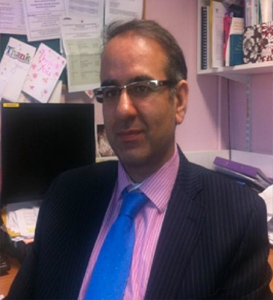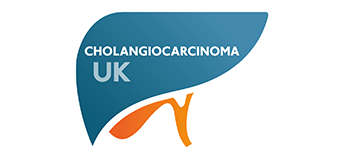Specialist Viewpoint
Demystifying the MDT
 By Mr Hassan Z Malik
By Mr Hassan Z Malik
Consultant Hepatobiliary Surgeon & Clinical Lead
University Hospital Aintree NHS Trust
Following the ESSO-BASO Cancer Multidisciplinary Team Course on 01 November 2014, I am pleased to have been invited by AMMF to give an explanation of, and my thoughts on, the purpose of the MDT in respect to the cholangiocarcinoma patient.
More than one in three people in the UK will develop cancer at some stage in their lives. One in four will die of cancer. This means that, every year, over 200,000 people are diagnosed with cancer, and around 120,000 people die of cancer1.
It is approaching the 20th anniversary of the Calman-Hine report which for the first time attempted to set standards in cancer care. The key principal was that, “All cancer patients should have access to a uniformly high standard of care.”1
That original report has been superseded by the NHS cancer plan in 2000, which attempted to outline a comprehensive national cancer strategy with four key aims2:
“To save more lives.”
“To ensure people with cancer get the right professional support and care as well as the best treatments.”
“To tackle the inequalities in health.”
“To build for the future through investment in the cancer workforce, through strong research.”
One tenet of this strategy is that all patients with cancer have access to appropriate professional support/advice, as well as access to the best in treatments. This aspiration is, however, challenging when dealing with a rare but aggressive tumour like cholangiocarcinoma, in which expertise in all aspects of the management of this condition are required in order to offer patients the best possible outcome.
In line with national guidance, patients who present with cholangiocarcinoma, once referred to their local hospital, will have their case discussed by a panel of doctors and nurses called the “Multi-disciplinary team (MDT)”. The MDT usually meets once a week and is often made up of surgeons, doctors who give chemotherapy or radiotherapy, and doctors who can interpret X-ray results. The outcome of the MDT discussion is then communicated back to the patient by the doctor/nurse who is responsible for their care.
However, the MDT in your local hospital may not have expertise in liver surgery. In such circumstances an opinion should be sought by the local team treating the patient, from a regional specialist liver surgical (Hepatobiliary) MDT. The opinion from a specialist Hepatobiliary MDT is essential as the only effective curative option for this disease is surgical removal of the tumour, with 5-year survival rates of approximately 40% being quoted in the literature3.
The use of multi-modal treatments like chemotherapy and radiotherapy followed by liver transplantation are gaining support, particularly in the United States, although there is ongoing debate regarding these results. Unfortunately, the majority of patients with this disease cannot be cured with surgery. However, treatments in terms of chemotherapy and improvements in control of jaundice have the potential to offer effective palliation.
In summary, the MDT is a method of optimising patient care whether the patient is on a curative or palliative pathway. However, MDT’s often function within a network where additional expert opinion for individual cases can be sought. Such collaboration is crucial to the effective management of cholangiocarcinoma.
Mr Hassan Z Malik
Consultant Hepatobiliary Surgeon & Clinical Lead
University Hospital Aintree NHS Trust
3: Gomez D, Patel PB, Lacasia-Purroy C, Byrne C, Sturgess RP, Palmer D, Fenwick S, Poston GJ, Malik HZ. Impact of specialized multi-disciplinary approach and an integrated pathway on outcomes in hilar cholangiocarcinoma. European Journal of Surgical Oncology. 2014 Jan;40(1):77-84.
For info:
ESSO – European Society of Surgical Oncology
http://www.essoweb.org
BASO – The Association for Cancer Surgery
http://www.baso.org.uk/







